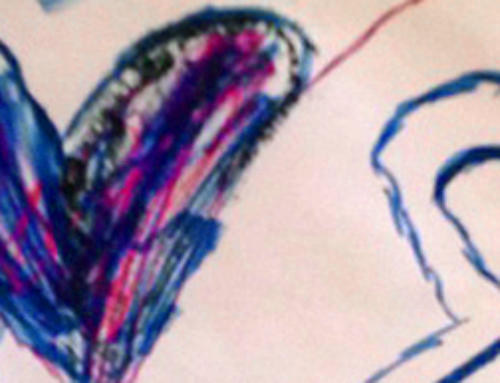Teen Cliques are developmentally normal in adolescence. When these groups of tightly connected young people are founded on positive ideas and principles, they can promote the healthy emotional and psychological growth needed for learning how to cope effectively. While earlier life stages are involved with identification with the nuclear family, adolescence is a time for teens to begin to individuate and separate from the family unit, and identify more closely with peers. While seeking like-minded others with similar interests is something we all do throughout life, the clique phenomenon appears to have special meaning and purpose in adolescence.
Whether the clique is oriented around positive values or negative impulses, the clique experiences influence the teen’s adaptation to the demands of life, and orient the individual toward who he or she will become. A positive clique experience can provide the teen with a sense of belonging, help develop self-confidence for adult life, and inspire the young person to reach for greater life success. Positively oriented cliques, based on caring, empathy and respect for on another, add breadth and depth to the opportunities for growth provided in the family unit. The positive self-regard derived from belonging to a clique can empower a person throughout life.
While cliques are normal and expectable parts of teen life, there exists a certain risk factor when teens connect in groups of socially maladapted individuals. Unfortunately, today we read too many stories of angry or disturbed adolescents who act out negatively after real or perceived rejection from a certain social clique. Sometimes these young people have or develop emotional problems that cause them to gravitate toward a click with anti-social values and behaviors, or to become tormented loners with few attachments, and some very risky behaviors. Cliques organized around anti-social behaviors are often a group statement of negative emotions, such as anger at a society that may be perceived to have rejected them. The worst case scenarios of negative cliques are violent gangs, which present a social problem unto themselves.
Cliques help teach the importance of dual priorities: the value of individuality and the value of connection to others. Fortunately for most parents, their teens’ “cliques” will be groups of friends that they like to “hang out” with. While there may be an occasional prank, parents can rest assured that unless bullying or some other anti-social behavior is taking place, these cliques aid in the creation of a sense of Self, self-confidence, self-respect and the pro-social development necessary for success in adult life.





Leave A Comment